Lithuanian parliament ratifies SAA with Serbia
The Lithuanian parliament has ratified the Stabilization and Association Agreement (SAA) with Serbia on Tuesday, Tanjug has reported.
Tuesday, 18.06.2013.
14:21

VILNIUS The Lithuanian parliament has ratified the Stabilization and Association Agreement (SAA) with Serbia on Tuesday, Tanjug has reported. The news agency quoted Rimantas Stankevicius, deputy director of the International Relations Department at the Lithuanian parliament. Lithuanian parliament ratifies SAA with Serbia Lithuania was the last EU member state that did not ratify the SAA, and after today's ratification, the agreement will automatically come into force. Serbia and the EU signed the SAA on April 29, 2008, but for it to come into effect, the parliaments of all EU member states and the European Parliament had to ratify it. Until the ratification process was completed, the Interim Agreement on Trade and Trade-Related Matters had been valid, which will now become redundant as soon as the SAA comes into force. The two most important obligations that Serbia has to meet under the SAA: to establish a free-trade zone with the EU, and harmonize its laws with the EU Acquis. Serbian Prime Minister Ivica Dacic visited Vilnius in April, where he met with the Lithuanian prime minister who said on that occasion that Lithuania supported Serbia's integration into the EU, after which Lithuanian President Dalia Grybauskaite approved the agreement and sent it to the parliament for ratification. Earlier this year, the media speculated that Lithuania, which is to assume the EU Presidency on July 1, could delay the ratification of the SAA due to some open issues in relations with Serbia, including the dubious privatization of the Belgrade Beer Industry, and the rivalry between the Lithuanian and Serbian candidates for the position of the president of the United Nations General Assembly, which was then won by Serbia's former foreign minister Vuk Jeremic. The SAA determines the relations of the signatories in the areas of political dialogue: regional cooperation; free flow of goods, people, services and capital; judiciary and internal affairs, competition; financial cooperation; harmonization of laws and other areas. Under this agreement, Serbia assumes the obligation to establish a free trade zone and harmonize its laws with the EU Acquis. Serbia's obligations mean a gradual abolition of customs duties on the goods imported from the EU in the interim period. On the other hand, the EU will provide free access to its market for the goods from Serbia. (Beta/AP, file) Tanjug
Lithuanian parliament ratifies SAA with Serbia
Lithuania was the last EU member state that did not ratify the SAA, and after today's ratification, the agreement will automatically come into force.Serbia and the EU signed the SAA on April 29, 2008, but for it to come into effect, the parliaments of all EU member states and the European Parliament had to ratify it.
Until the ratification process was completed, the Interim Agreement on Trade and Trade-Related Matters had been valid, which will now become redundant as soon as the SAA comes into force.
The two most important obligations that Serbia has to meet under the SAA: to establish a free-trade zone with the EU, and harmonize its laws with the EU Acquis.
Serbian Prime Minister Ivica Dačić visited Vilnius in April, where he met with the Lithuanian prime minister who said on that occasion that Lithuania supported Serbia's integration into the EU, after which Lithuanian President Dalia Grybauskaite approved the agreement and sent it to the parliament for ratification.
Earlier this year, the media speculated that Lithuania, which is to assume the EU Presidency on July 1, could delay the ratification of the SAA due to some open issues in relations with Serbia, including the dubious privatization of the Belgrade Beer Industry, and the rivalry between the Lithuanian and Serbian candidates for the position of the president of the United Nations General Assembly, which was then won by Serbia's former foreign minister Vuk Jeremić.
The SAA determines the relations of the signatories in the areas of political dialogue: regional cooperation; free flow of goods, people, services and capital; judiciary and internal affairs, competition; financial cooperation; harmonization of laws and other areas.
Under this agreement, Serbia assumes the obligation to establish a free trade zone and harmonize its laws with the EU Acquis. Serbia's obligations mean a gradual abolition of customs duties on the goods imported from the EU in the interim period. On the other hand, the EU will provide free access to its market for the goods from Serbia.





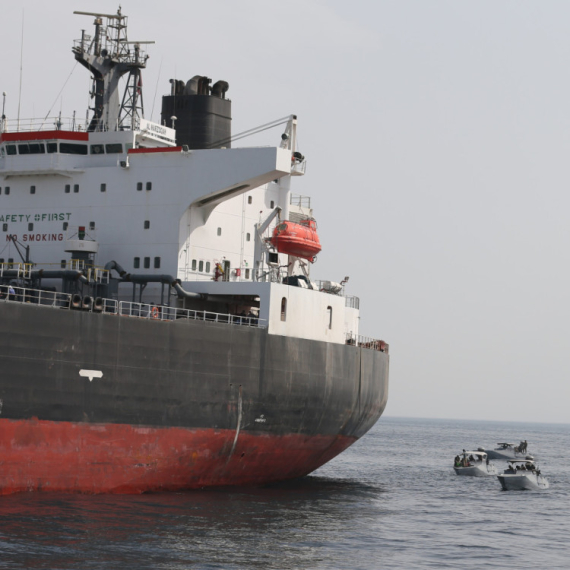









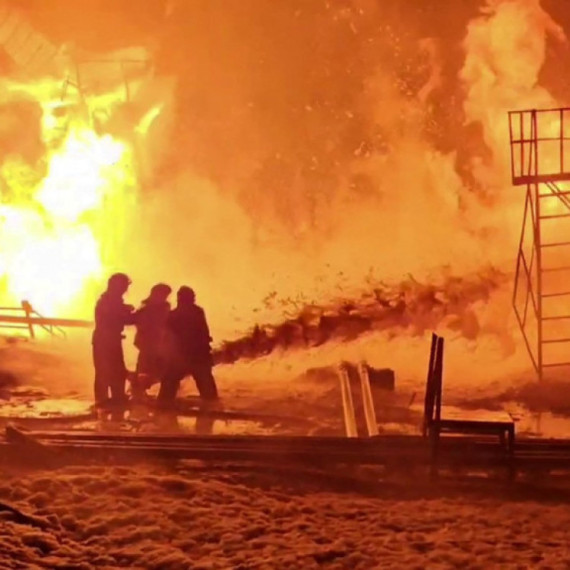
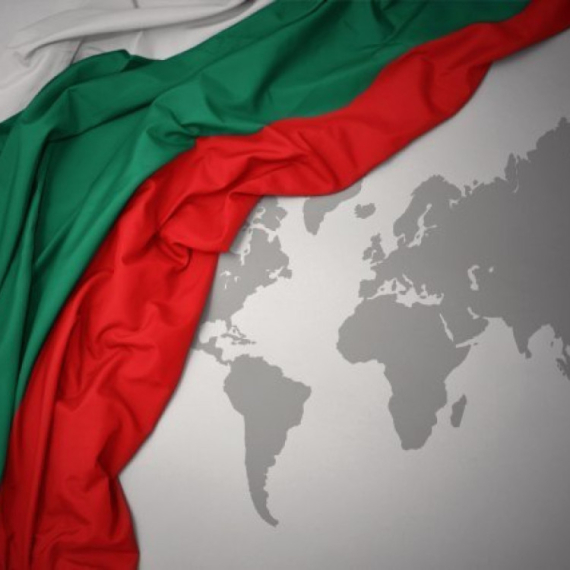
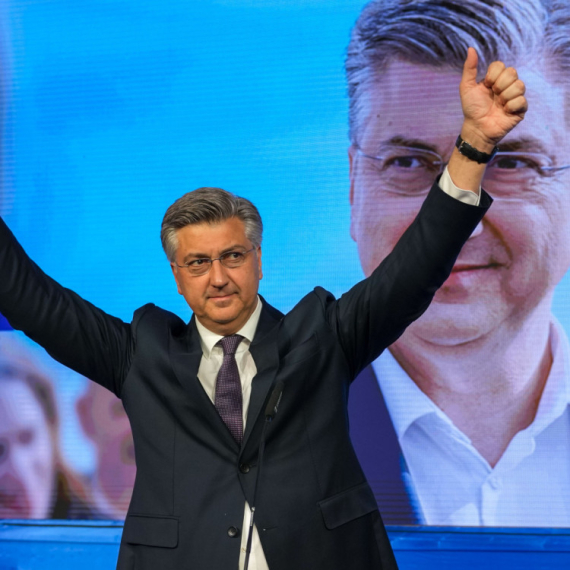









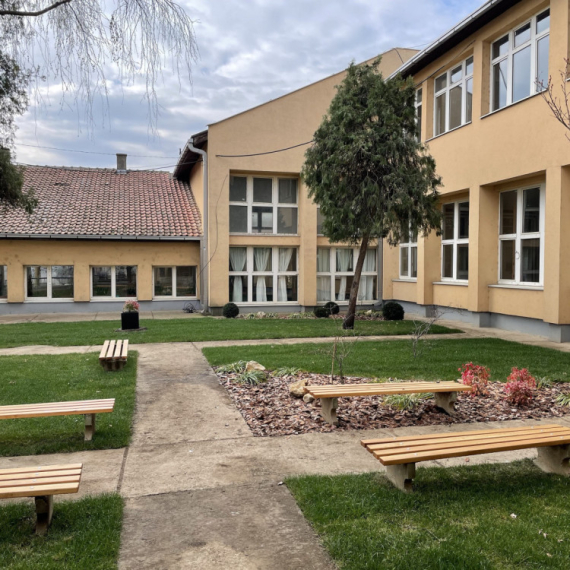














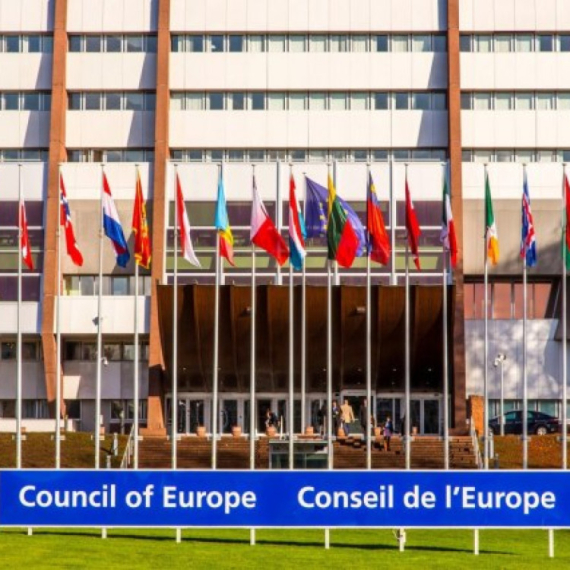






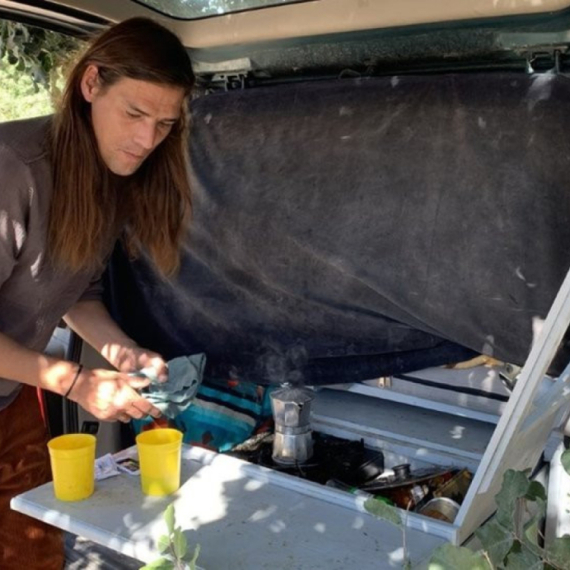

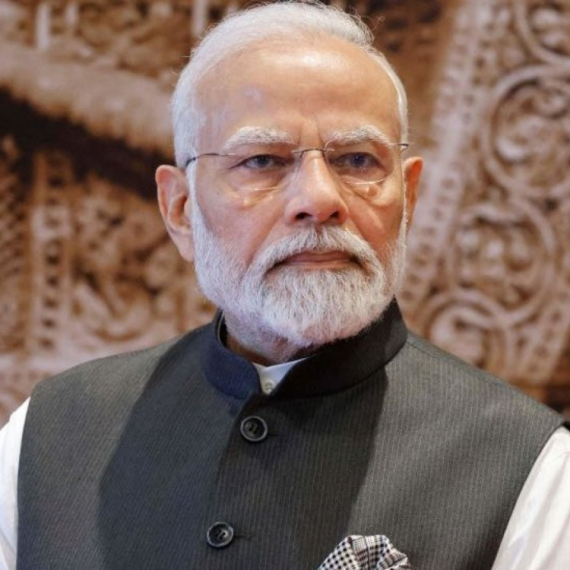


Komentari 3
Pogledaj komentare